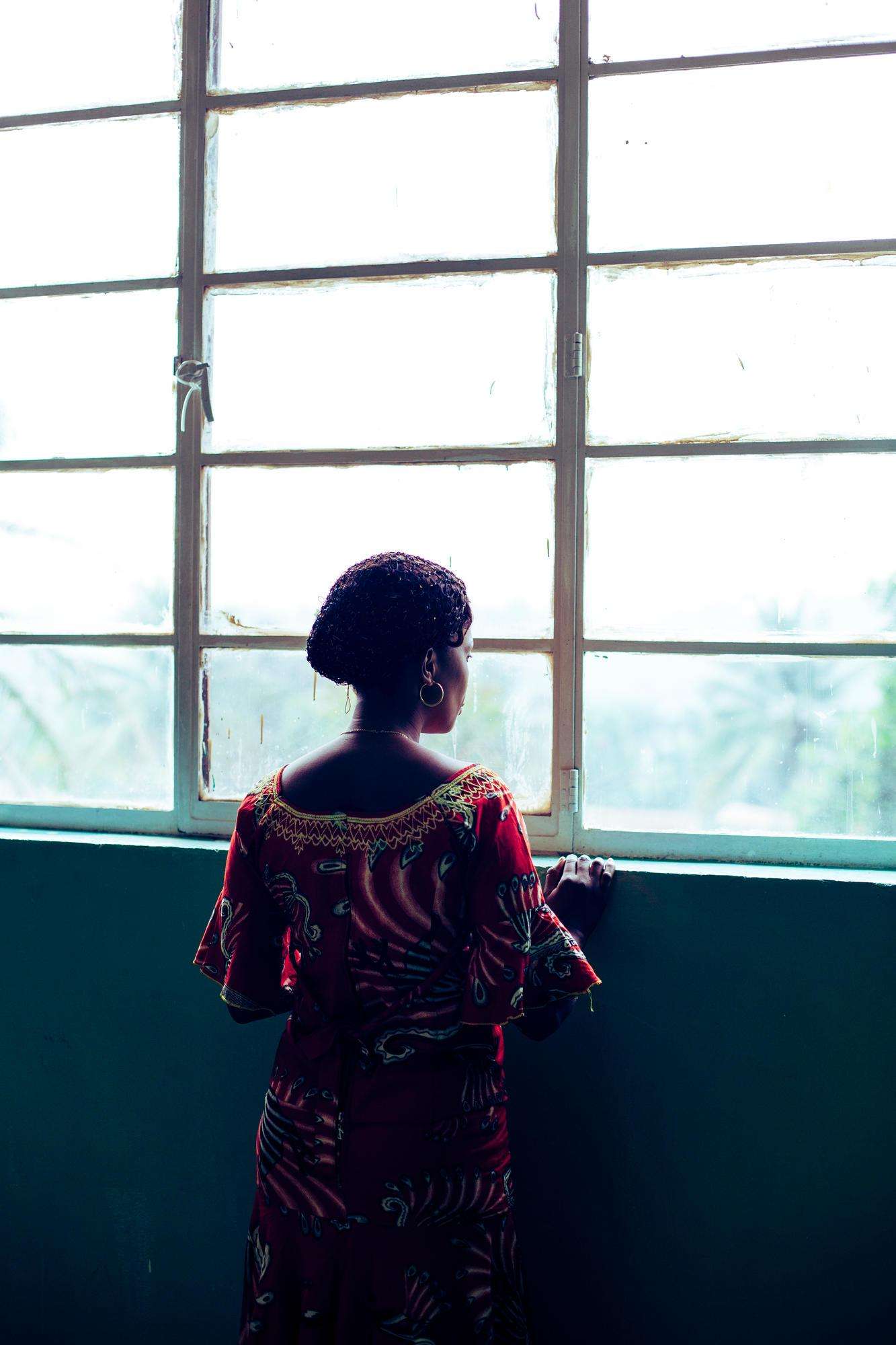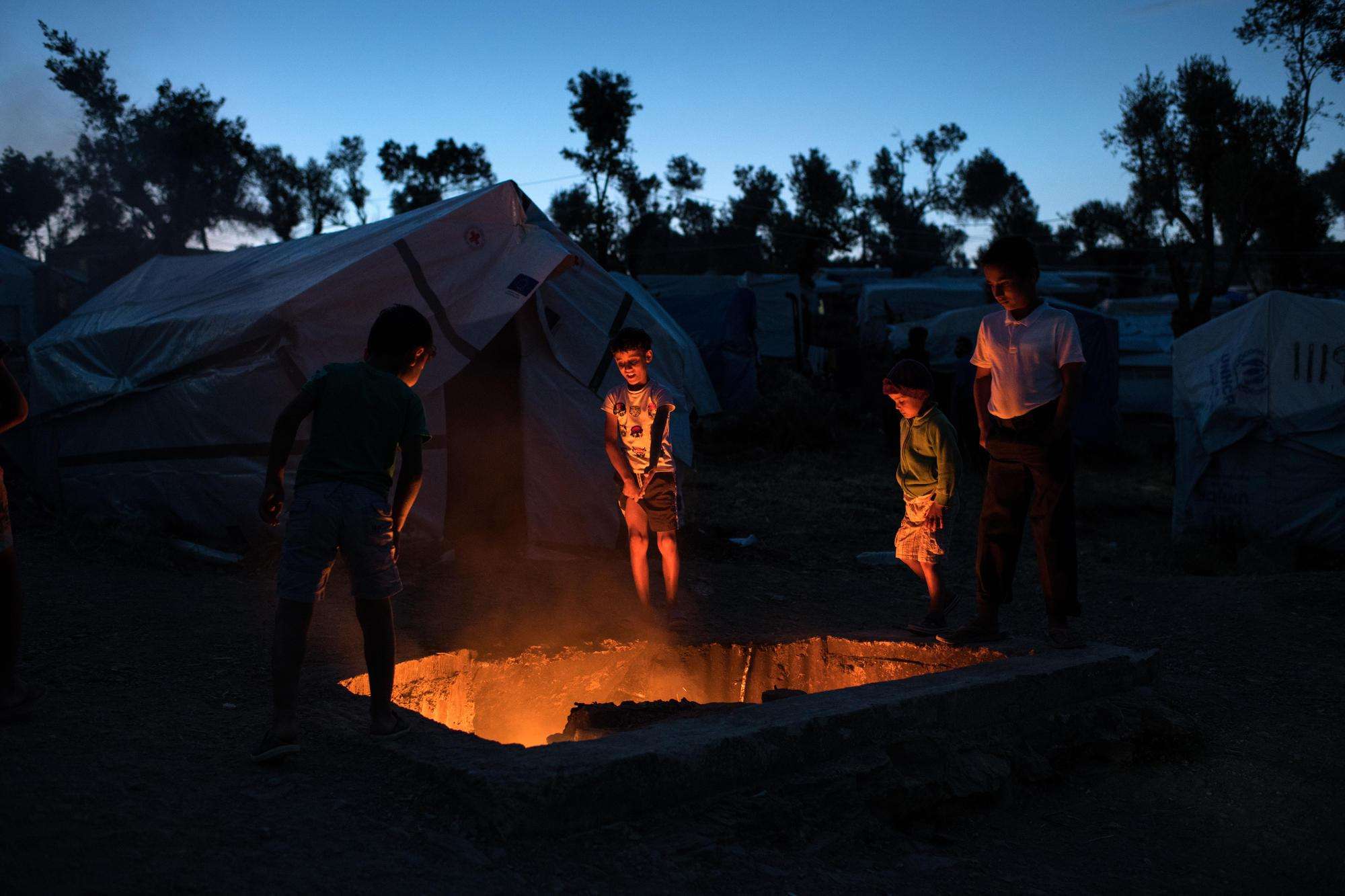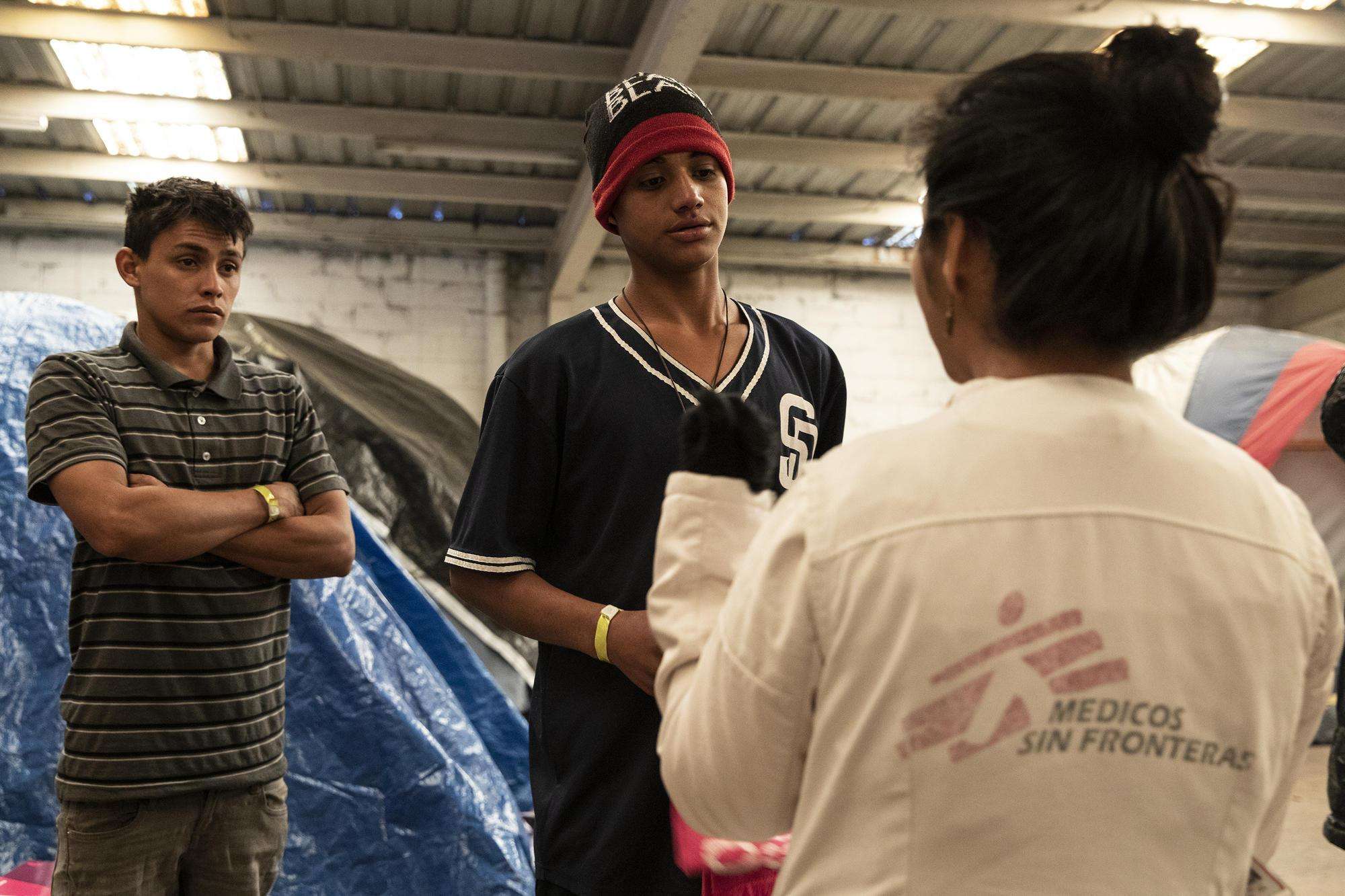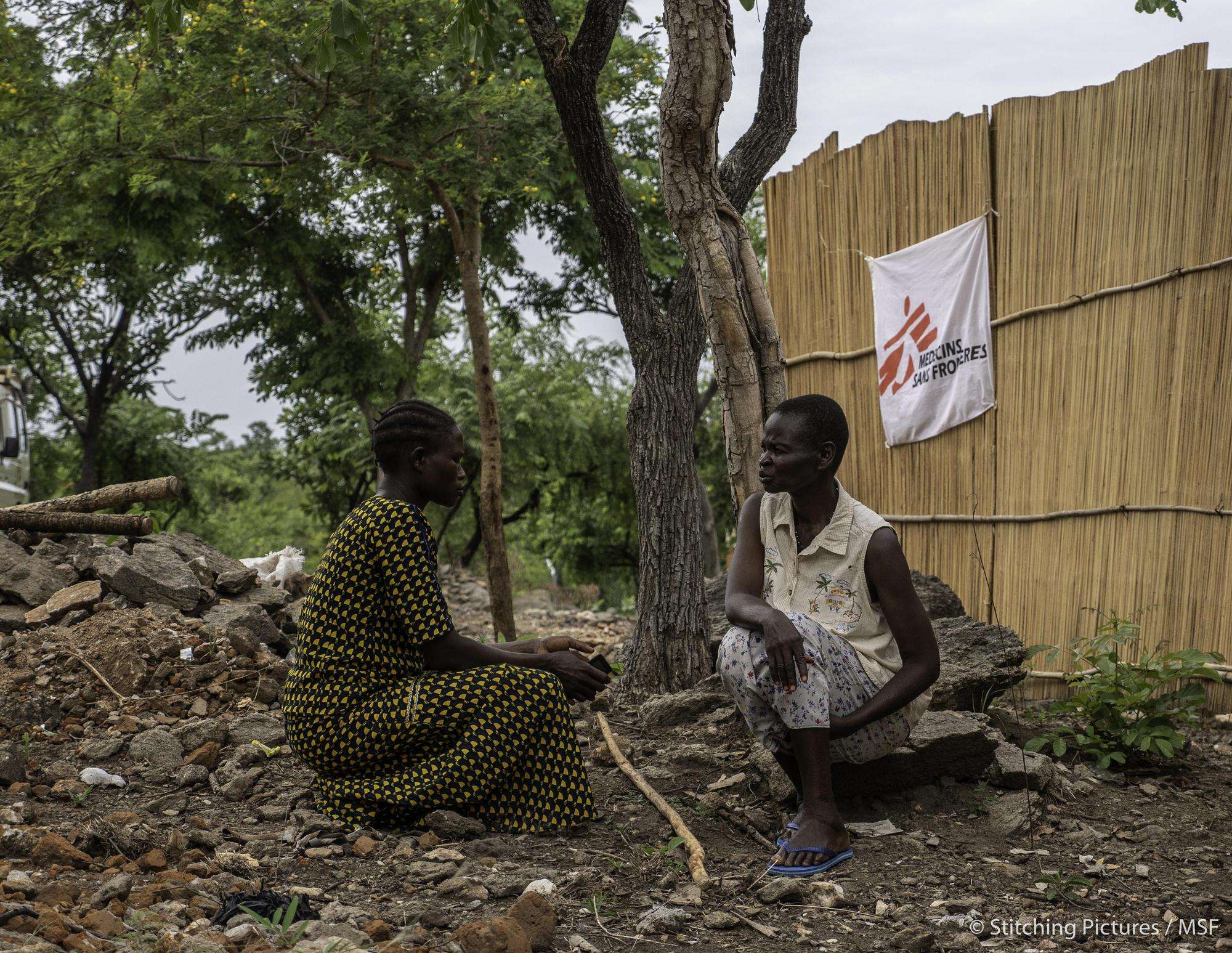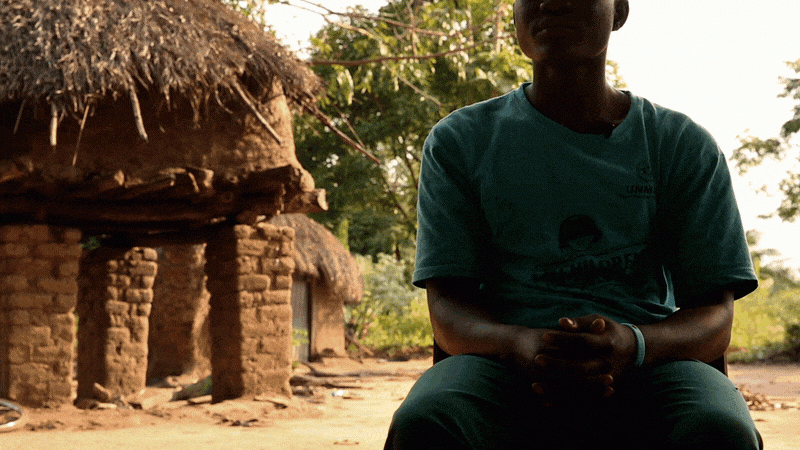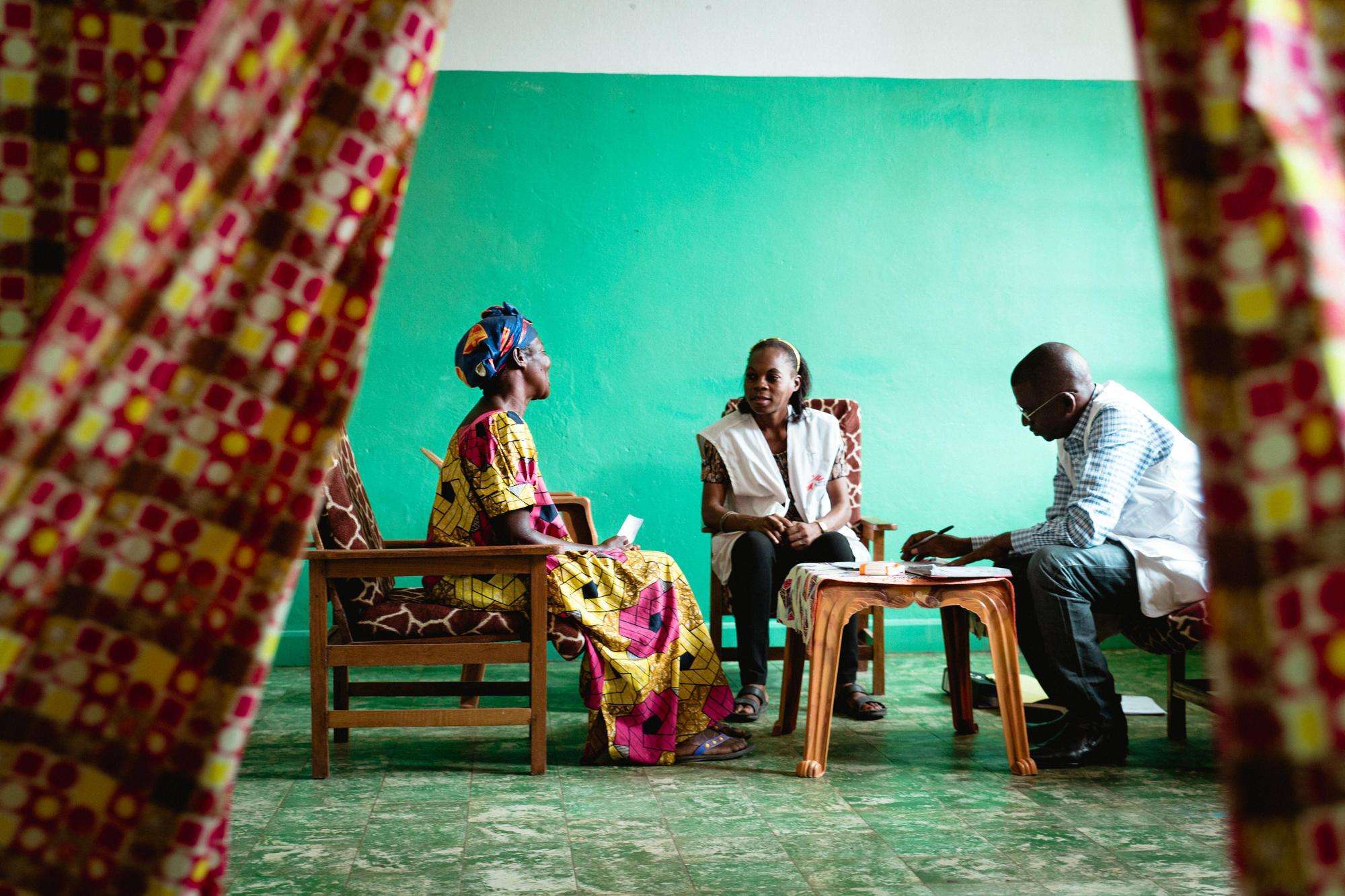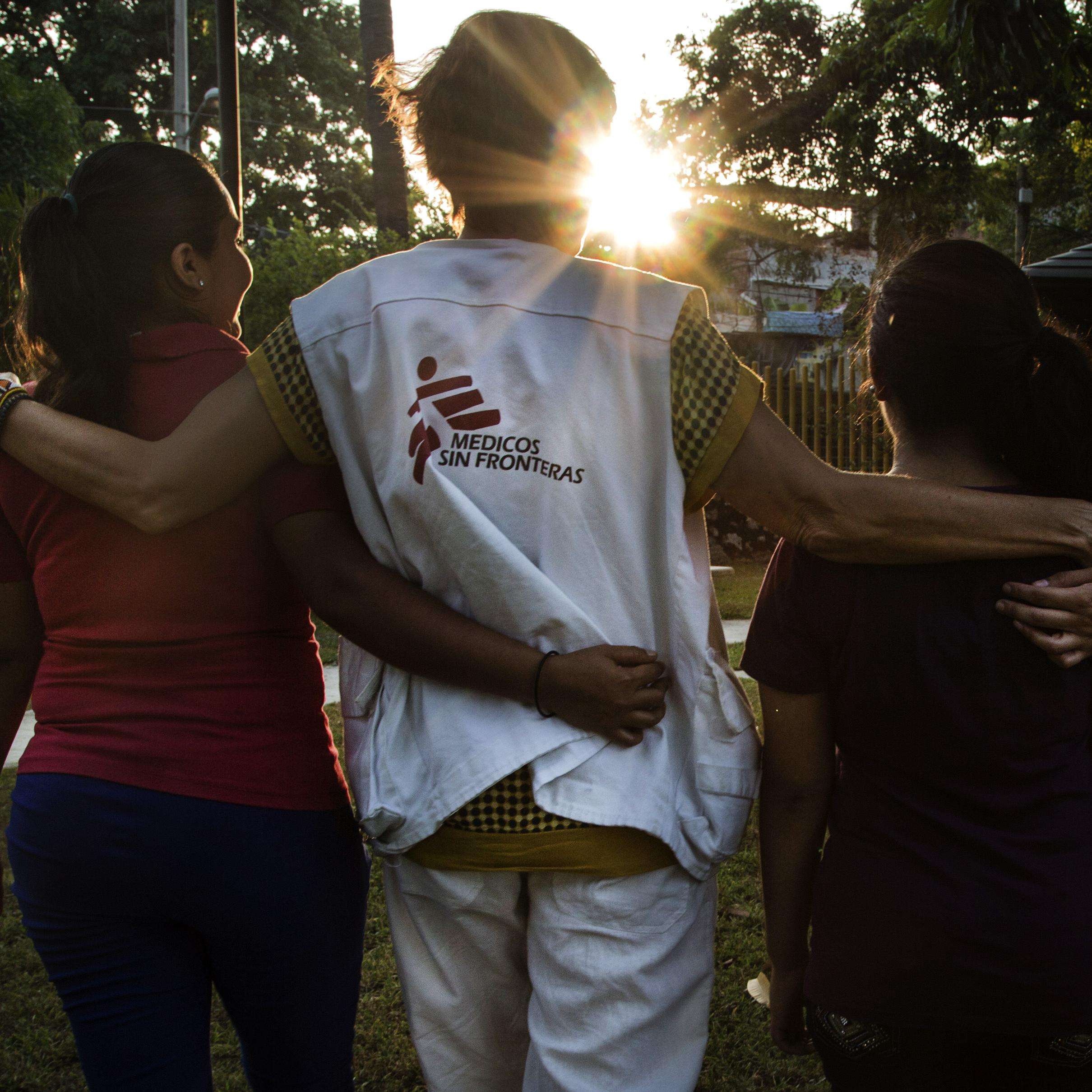Alert is a quarterly magazine published by Doctors Without Borders/Médecins Sans Frontières (MSF-USA) that features compelling stories and photography from our work in the field. Below is an excerpt from MSF-USA Board President John P. Lawrence's introduction to the Spring 2019 issue (Vol 20. No. 1.), No Health Without Mental Health.
Dear Friends,
I will never forget the experience of helping to respond to the devastating earthquake in Haiti in 2010. As a surgeon working with Doctors Without Borders/Médecins Sans Frontières (MSF), I was particularly impressed by the integration of mental health care within our programs. As our surgical team made the morning rounds in the hospital wards, we would be followed by colleagues with expertise in delivering mental health services.
In Haiti, I saw that the devastating physical wounds patients were recovering from had clear psychological counterparts—whether a person was coping with the prospect of life after amputation, the loss of family members or friends, or reliving the horrors of the earthquake with each nerve-shattering aftershock. While the surgical care we provided was a critical aspect of the healing process for survivors, their longterm well-being was entirely dependent on therapy directed to the emotional and psychological traumas they had endured.
This issue of Alert focuses on MSF’s varied responses to mental health needs. While mental health is gaining recognition as a unique medical field requiring greater attention, it remains insufficiently resourced.
As a medical humanitarian organization, MSF has had a longstanding commitment to addressing mental health needs, both as an independent service as well as part of more comprehensive care.
The importance of providing mental health support was also apparent while I was working with MSF in North Kivu province in the eastern part of Democratic Republic of Congo (DRC). This region—which is currently in the grips of an Ebola epidemic—has suffered from chronic conflict for decades, including extreme violence directed against civilians by various armed groups. A feature of this pervasive violence is a high incidence of rape and sexual assault.
A separate unit in the hospital where I worked was devoted to caring for pregnant women who had been raped. This unit closely integrated prenatal maternal physical care with psychological supportive care. MSF recognized the duality of health needs for both the mind and body and provided a comprehensive approach to caring for these women and preparing them to return home.
In this issue, we share the stories of survivors from a surge of conflict in DRC’s Kasai region. Over the course of a year and a half—between May 2017 and September 2018—our teams treated 2,600 victims of sexual violence at the Kananga provincial hospital. The vast majority of the victims were women. They describe horrific acts of violence, and the difficulties of healing after the attacks.
Mental health services are also often the central focus of the medical care our projects provide. For people traversing migration routes from Central America through Mexico, medical clinics supported by MSF are resourced to provide supportive mental health services and psychological first aid to help people cope with both the violence they fled in their home countries and that which they face during their journeys.
I hope you will appreciate the story about our innovative program to support community-based mental health care and outreach services in Liberia, a country whose health system is still recovering from the devastating Ebola epidemic that struck West Africa in 2014. Our last Ebola-related projects in Liberia were survivor clinics that offered care for people who continued to have physical and psychosocial issues after recovering from the disease.
When the mental health team began looking for services where they could refer patients, they learned that there was only one practicing psychiatrist in Liberia—a country with more than 4.7 million people. This is what prompted MSF to conduct an assessment of the mental health needs in Liberia and ultimately partner with the Ministry of Health to improve and grow their services.
Finally, as explored in these pages, mental health care is not only critical for our patients, but also for our staff members. The stress of providing humanitarian care is well recognized. As an institution, MSF appreciates that we have an obligation not only to protect our employees’ physical health and security as best we can, but to ensure that their mental well-being is also prioritized.
Thank you for all that you do to support our work to provide comprehensive care for people in extreme situations.
Sincerely,
John P. Lawrence, MD
President, MSF-USA Board of Directors
